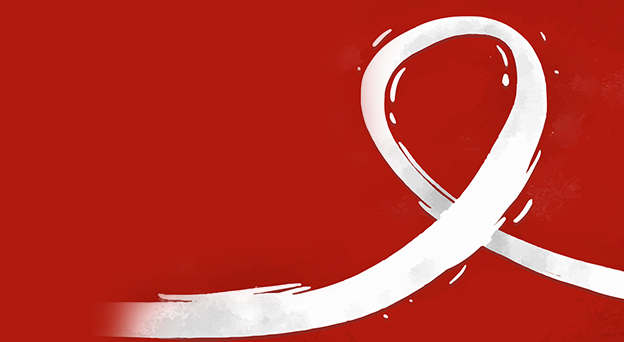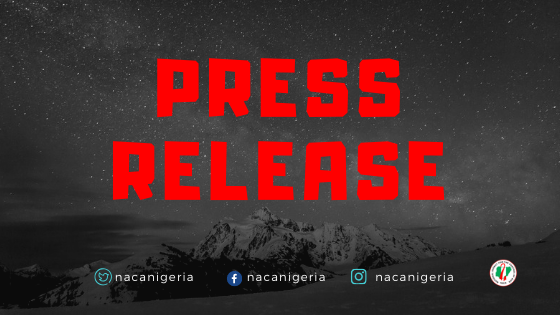Blog
NIGERIA PLEDGES US$ 12 MILLION AT THE SIXTH GLOBAL FUND REPLENISHMENT CONFERENCE


Abuja, 15 October 2019 – HIV, tuberculosis and malaria are preventable and treatable diseases, yet globally they kill more than 2.6 million people each year. The world has committed through the Sustainable Development Goals to end these epidemics by 2030. In a spirit of global solidarity, the Sixth Replenishment Conference of the Global Fund to Fight AIDS, Tuberculosis and Malaria (Global Fund), held in Lyon, France, on 9 and 10 October, brought together leaders from countries from all over the world.
A total of US$ 14.02 billion was pledged for the next three years. The Global Fund investment case projected that this fund will help to save 16 million lives by 2030 through health system strengthening, reinforcing health security via disease surveillance and tackling health inequities, including human rights and gender barriers. It will above all spur a massive growth in domestic investment in health.
An unprecedented 23 implementing countries from Africa made pledges to the Global Fund. Nigeria demonstrated its support and solidarity with the international community by making a financial pledge of US$ 12 million (a 20% increase) to the Global Fund, while expressing its commitment to increasing domestic resources for health and disease programmes.
“With the incredible support of partners and donors around the world, we succeeded in reaching over US$ 14 billion to help save 16 million lives,” said Peter Sands, Executive Director of the Global Fund.
Building on the concept of shared responsibility, Nigeria ensured through the ongoing budgetary process that President Buhari’s commitment at the United Nations General Assembly in 2017 to make government resources (approximately NGN 3.5 billion) available to put an additional 50 000 Nigerians on life-saving antiretroviral therapy every year is realized.
Quotes:
“Every Nigerian has a right to good health. We have a responsibility to ensure that this basic right is available to all Nigerians. The government is committed to enhancing ownership and sustainability of the HIV/AIDS response,” said the Honourable Minister of Health, Dr Osagie Ehanire.
“Nigeria bears a huge burden of the global TB, malaria and HIV epidemics so it is imperative that both domestic and international investments are urgently scaled up,” said Gunilla Carlsson UNAIDS Executive Director a.i. “The increase in Nigeria’s pledge to the Global Fund sends a strong signal that Nigeria is ready and committed to end its TB, malaria and HIV epidemics.”
“The continued Government of Nigeria funding for growing the National Treatment and Prevention Programmes is vital for the sustainability of the AIDS response. I appeal to all governors to equally commit to investing to end AIDS in Nigeria as a public health threat by 2030,” said Dr Gambo Aliyu, Director General, National Agency for the Control of AIDS (NACA).
“Nigeria’s government should own up to the HIV and AIDS response. Putting money into the national response is an investment in humanity. Our continuous access to medication and our right to health care is a fundamental right. Government should make it happen,” said the National Coordinator of the Network for the People Living with HIV, Abdulkadir Ibrahim.
Media Contacts:
Toyin Aderibigbe | Head, Public Relations and Protocol Division, National Agency for the Control of AIDS | tel. +234 703 661 1266 | email: [email protected]
